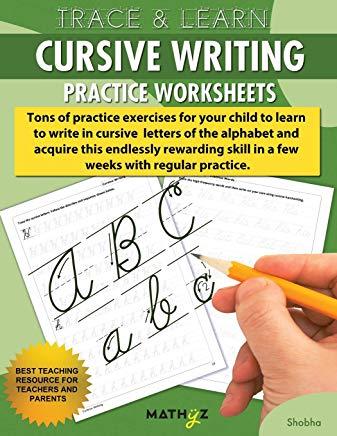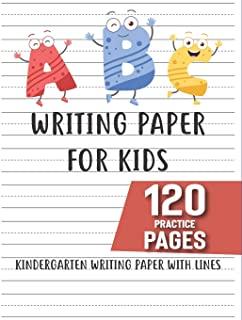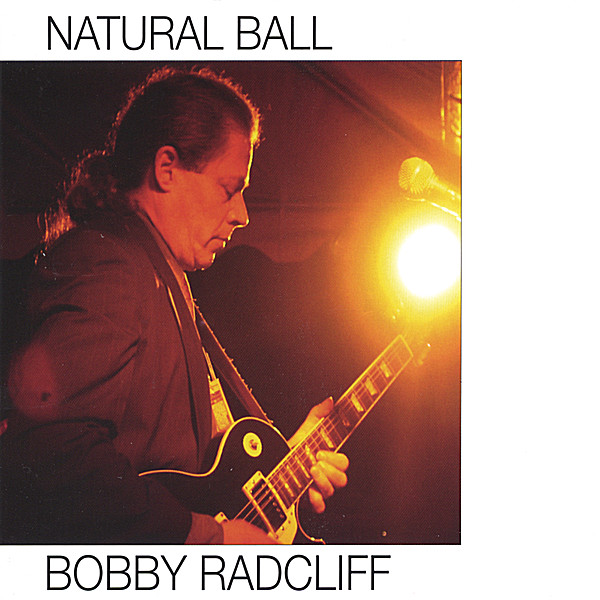
Print writing and cursive writing both require very different skill sets. Cursive uses the hand muscles in a different way. Moreover, it activates a different part of the brain which regular writing does not use. Analysis shows that learning to use cursive writing advances students' motor and visual skills. Exercising cursive handwriting augments and develops dexterity in our fingers and hands. These skills are the ones which are required of a dentist, artist, surgeon, and computer technicians. Cursive also promotes our hand-eye coordination and the linkage between our brain and hand. Even more remarkable is the fact that learning to use cursive writing productively affects mind development. Research also indicates that the kids who learn cursive in addition to manuscript writing have higher grades on both spelling/writing and reading exams, conceivably because the linked-up style of cursive writing compels writers to think of words as wholes rather than parts.
Students with learning difficulties
Students with learning difficulties e.g., dyslexia, may have a hard time with print writing since many of the letters are similar in appearance, especially b and d. On the other hand, cursive letters look very different from their print counterparts. This gives dyslexic students another choice, which can reduce their dyslexic impulses and make them more confident in their capabilities.
Cognitive skills and natural flow
The flow of cursive writing comes much more naturally to children as compared to print writing and engages greater cognitive skills. This cognitive development helps students reason, problem solve, conceptualize and make decisions as they get older. Cursive writing progresses fine motor skills such as coordination, development of muscles and hand-eye synchronization. Additionally, cursive writing's letter strokes aid in the eyes' left-to-right reading motion. Cursive is also productive for note-taking because a word in cursive is one entire block, instead of a stop-and-start series of strokes. This productive and efficient way of taking notes assists students in grasping information greater than typing. The phrase we all have been using, "Write it down or you'll forget it," is very true. Scientific studies on Neuropsychology suggest that the act of listening and handwriting links the verbal and spatial processing regions of the brain, strengthening memory. The overall excellence of syntax and writing is improved by this ability to reconstruct thought, ideas and lectures into written words, contrasted to those who type.







